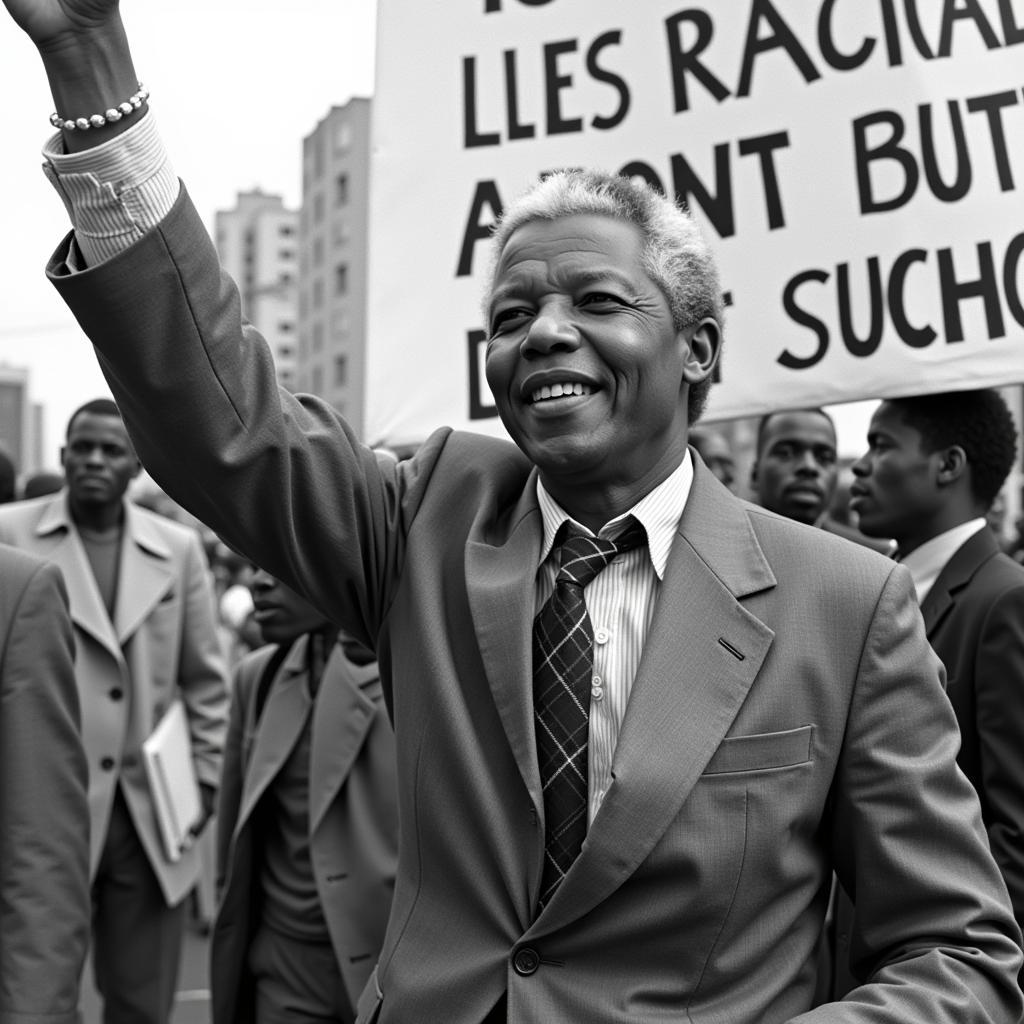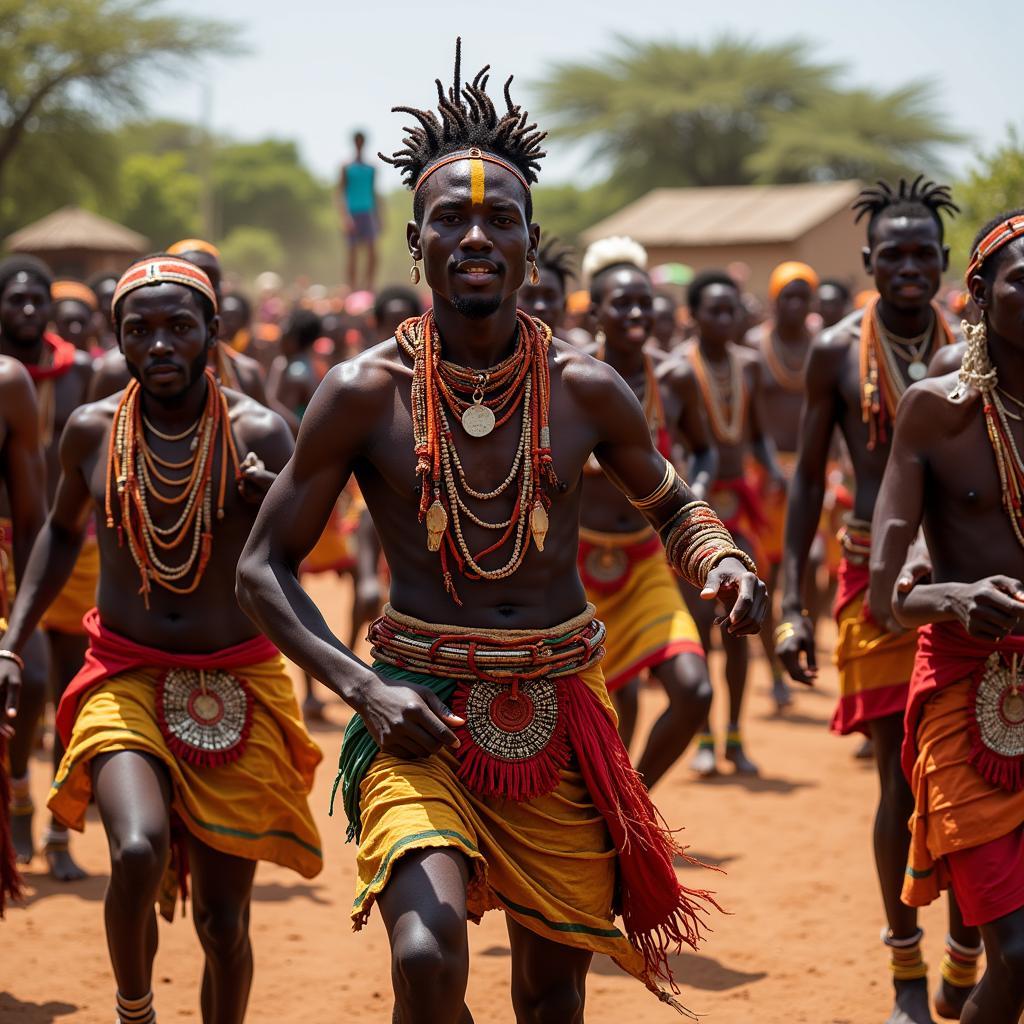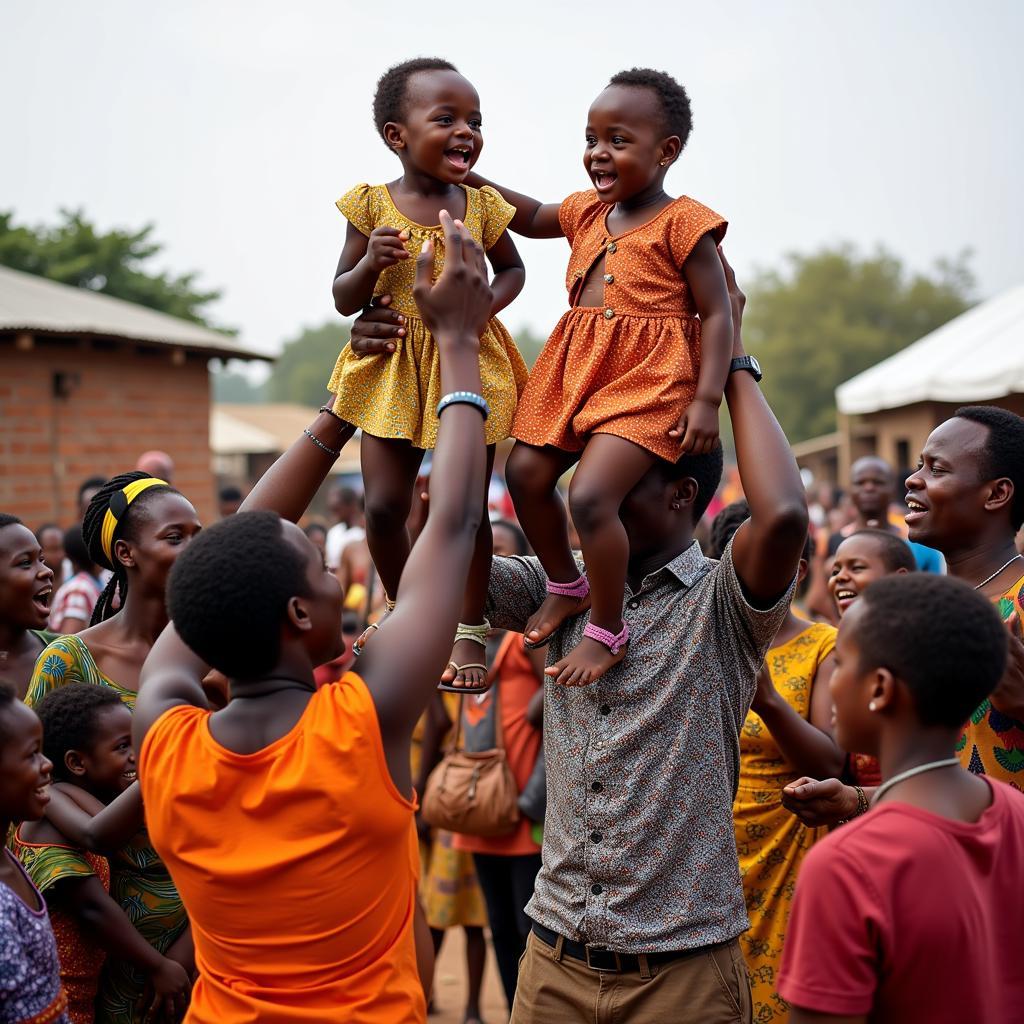Decoding the African Baby Meme Phenomenon
The “African Baby Meme” has become a ubiquitous presence on the internet, often sparking both laughter and controversy. This article delves into the fascinating world of these memes, exploring their origins, cultural impact, and the important conversations they ignite about representation, stereotypes, and the ethics of online humor.
Understanding the Appeal of African Baby Memes
Why are African baby memes so popular? Their charm often lies in the juxtaposition of adorable babies with humorous, relatable captions. These memes tap into universal themes of childhood, parenting, and the simple joys and struggles of everyday life. The expressive faces of the babies, often capturing genuine moments of joy, sadness, or curiosity, add another layer of humor and relatability. Many people find these memes to be a lighthearted and entertaining form of online expression.
Furthermore, African baby memes, like many other internet memes, serve as a form of cultural exchange. They allow individuals from different backgrounds to connect over shared experiences and find humor in everyday situations. The global reach of the internet allows these memes to transcend geographical boundaries, fostering a sense of community among those who appreciate them.
Navigating the Complexities of Representation
However, the popularity of African baby memes also raises important questions about representation. Are these memes perpetuating stereotypes, or are they simply harmless fun? Some argue that the frequent use of African babies in memes can contribute to the exoticization and othering of African cultures. Others believe that the memes, when used respectfully, can offer a glimpse into the diversity and beauty of African childhood. The line between appreciation and appropriation can be blurry, and it’s a conversation that requires careful consideration.
One key concern is the potential for these memes to reinforce existing stereotypes about Africa. By reducing the continent and its people to a single, often simplistic image, these memes can inadvertently perpetuate harmful misconceptions. It’s crucial to remember that Africa is a continent of immense diversity, with a rich tapestry of cultures, languages, and traditions. Reducing this complexity to a single image in a meme can be problematic.
african american baby boy images
The Ethics of Online Humor: When Does Funny Become Offensive?
The use of African baby memes also raises broader ethical questions about online humor. What are the boundaries of acceptable humor? When does a meme cross the line from funny to offensive? It’s essential to consider the potential impact of these memes on the individuals and communities they depict. While humor can be a powerful tool for connection and social commentary, it’s crucial to wield it responsibly. Respect, sensitivity, and awareness are paramount.
African Baby Memes: A Path Forward
Moving forward, it’s important to engage in thoughtful dialogue about the use and impact of African baby memes. We must strive to create a more inclusive and respectful online environment where humor is used responsibly and ethically. This means being mindful of the potential for stereotypes, avoiding the exoticization of other cultures, and prioritizing the representation of diverse perspectives.
african american baby first haircut
Conclusion: Appreciating Culture While Avoiding Stereotypes
The “African baby meme” phenomenon highlights the complexities of representation and the ethics of online humor. While these memes can be a source of amusement, it’s crucial to engage with them critically and consider their potential impact. By fostering open dialogue and promoting respectful online interactions, we can appreciate the humor and cultural exchange offered by these memes while simultaneously challenging harmful stereotypes and promoting a more inclusive online environment. Let’s work together to ensure that the digital space reflects the richness and diversity of our world.
When you need assistance, please contact us at Phone Number: +255768904061, Email: [email protected] or visit us at Mbarali DC Mawindi, Kangaga, Tanzania. We have a 24/7 customer support team.




